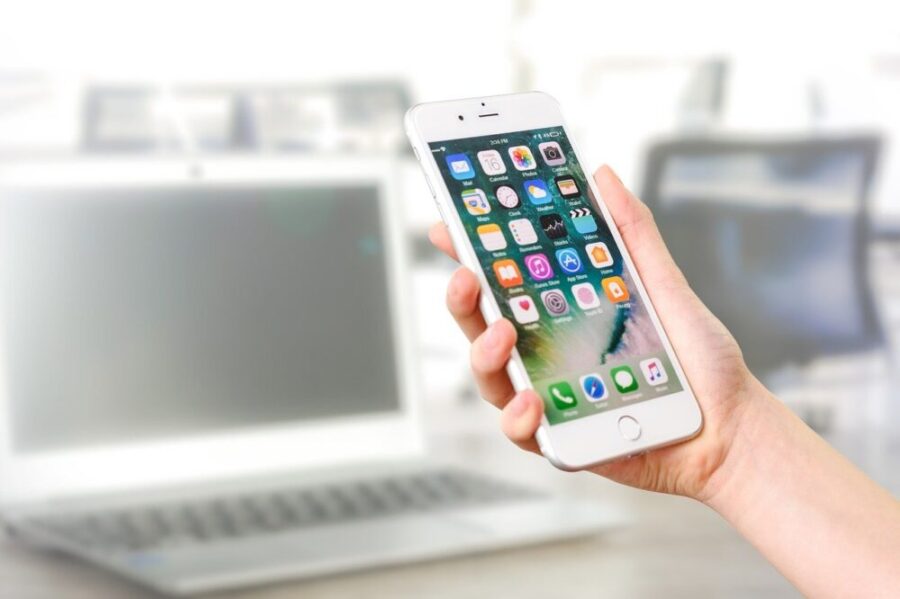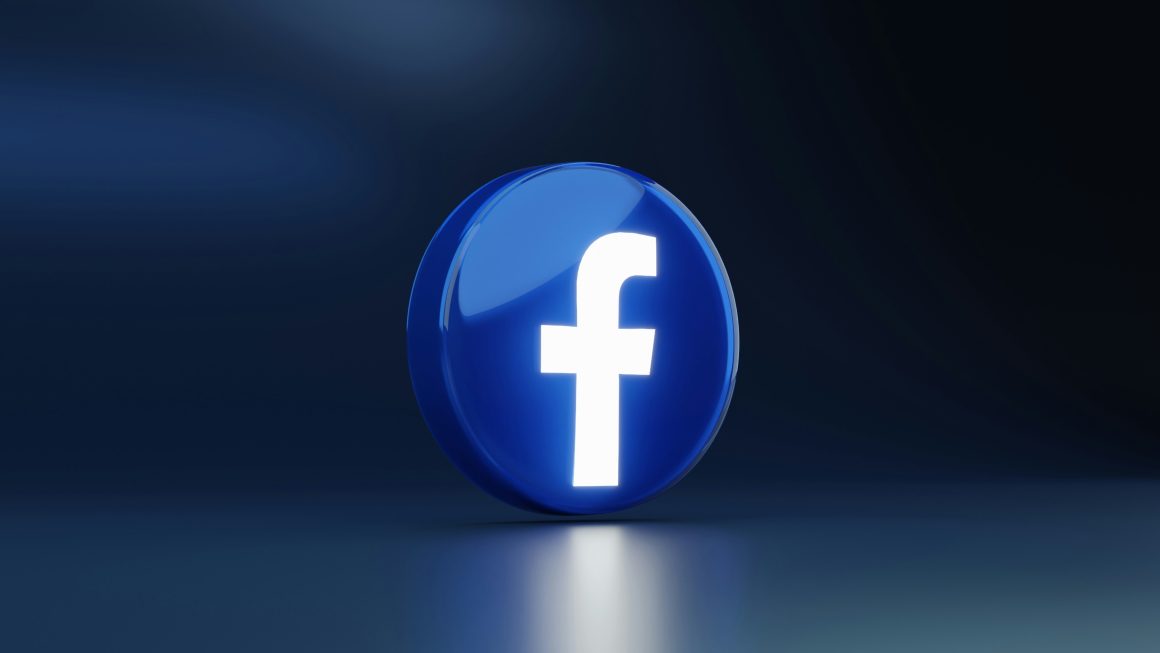Mobile applications: In healthcare, education is not just about writing essays and reading relevant articles. Studying medicine requires medical literature and textbooks, and the mobility and convenience that medical apps bring make the content accessible for doctors.
The other reason why medical apps are good for training is that they offer practical, real-life experience with the simulation of real-life practice. Recently developed apps use simulation and gamification in the virtual environment of a smartphone.
What are medical apps for physicians?
The definition of a medical app according to the U.S. Food and Drug Administration, is a mobile device software functioning with a regulated medical device. These apps help patients manage their health and help healthcare providers improve the patient experience with collaboration with the health tracking system. In the case of e-learning apps for doctors, they also help to improve overall healthcare.
The healthcare technology sector is expected to reach $280.25 billion by 2021 according to Deloitte. Considering the increase in mobile healthcare apps, medical app development revenues are expected to make a steep climb from $25.39 billion in 2017 to $58.8 billion in 2020, according to Statista. The mobile healthcare app market has grown almost to fourfold and this growth promises to continue.
The main challenge in learning about medicine is practicing in real-time. The rapid development of medicine, especially its technological side, is imposing more challenges. Traditional models of education can’t adapt fast enough to keep up with changes in healthcare. The good news is that e-learning tools like medical apps can adapt and are changing the way doctors learn about medicine.
Why do doctors need to use medical apps for training?
Healthcare applications are in high demand for both patients and healthcare professionals. Estimates indicate that in 2015 around 500 million people were using healthcare apps, but by 2018-2020, the number has increased to more than 3,4 billion users, which is 50% more.
Epocrates survey data indicates that healthcare apps are becoming the preferred choice for over 40% of the surveyed medical students. The main reasons are its convenience, low cost or free access, simplicity, comprehensive coverage, diversity, and usefulness. These are all factors driving the wider use of medical applications for smartphones.
Apps include different references for clinical practices and prescription drugs, diagnostic aid, and medical calculators which is a major topic to study at educational establishments. The recent trends are to use smartphone apps that prepare students for professional life. According to a Manhattan study, 81% of doctors now own and use a smartphone so the doctors already have the devices needed. Now they just need the apps loaded that will help them with their training and practices
The benefits of healthcare apps
Healthcare apps are integrated into the daily routine of a doctor. It is a mobile tool where doctors can access references and digital materials with a few touches of the screens.
Continuous training. This is compulsory for healthcare professionals to improve their knowledge and be up to date with the most recent innovations in healthcare. In some countries, doctors are required to take course credits each year, and, they are required to do so by law. Healthcare apps help physicians keep up with this fast-changing environment and learn in real-time.
Healthcare apps compete with traditional education. The main problem of global medical education is the high price, and it doesn’t matter what country you are in. With free digital resources or healthcare apps, every doctor has access to updated and practical knowledge. Another issue is the high cost of establishing physical training centers due to fast-changing trends in healthcare.
Global access. Healthcare apps are accessible all over the world. This simple and seemingly small technology tool is changing the global healthcare industry so that anyone can access updated information and study online.
More functional. E-learning apps include not only relevant online courses but also different hybrid-learning scenarios that are more practical. Apps are interactive and thanks to gamification, users can easily learn and practice.
What problems do healthcare apps solve?
There are three solutions healthcare apps can bring:
Training
For training purposes, healthcare apps often offer gamification. There are abstract exercises where doctors or medical students can resolve different cases, 3D situations, etc. after which they will take an assessment or they can be assessed during the game. Users can even track their progress and add more practical exercises. The skills these mobile applications develop for doctors are fine motor skills, increased reaction speed, 3D orientation, and coordination.
Simulation
This is a practical approach like using videos to help doctors get involved in real-life scenarios. Thanks to healthcare apps, users can review, practice, and even conduct operations in real-time, where they can use exercises that reproduce the steps of the operation itself.
Learning
Healthcare apps can include a wide range of digital materials, including tutorials, courses, references, articles, and assessments. This is the easiest way to get quick access to relevant sources.
Mobile applications for training physicians have a wide range of benefits not only for doctors and their patients but for the development of healthcare. Medical apps for training doctors are cheap or free and accessible to all. Due to its digital nature, every doctor in the world can access the most current knowledge from anywhere in the world. These mobile applications can be more up-to-date than any library in a top-rated medical university.
Also read: How to Start Your Mobile App Design and Development




